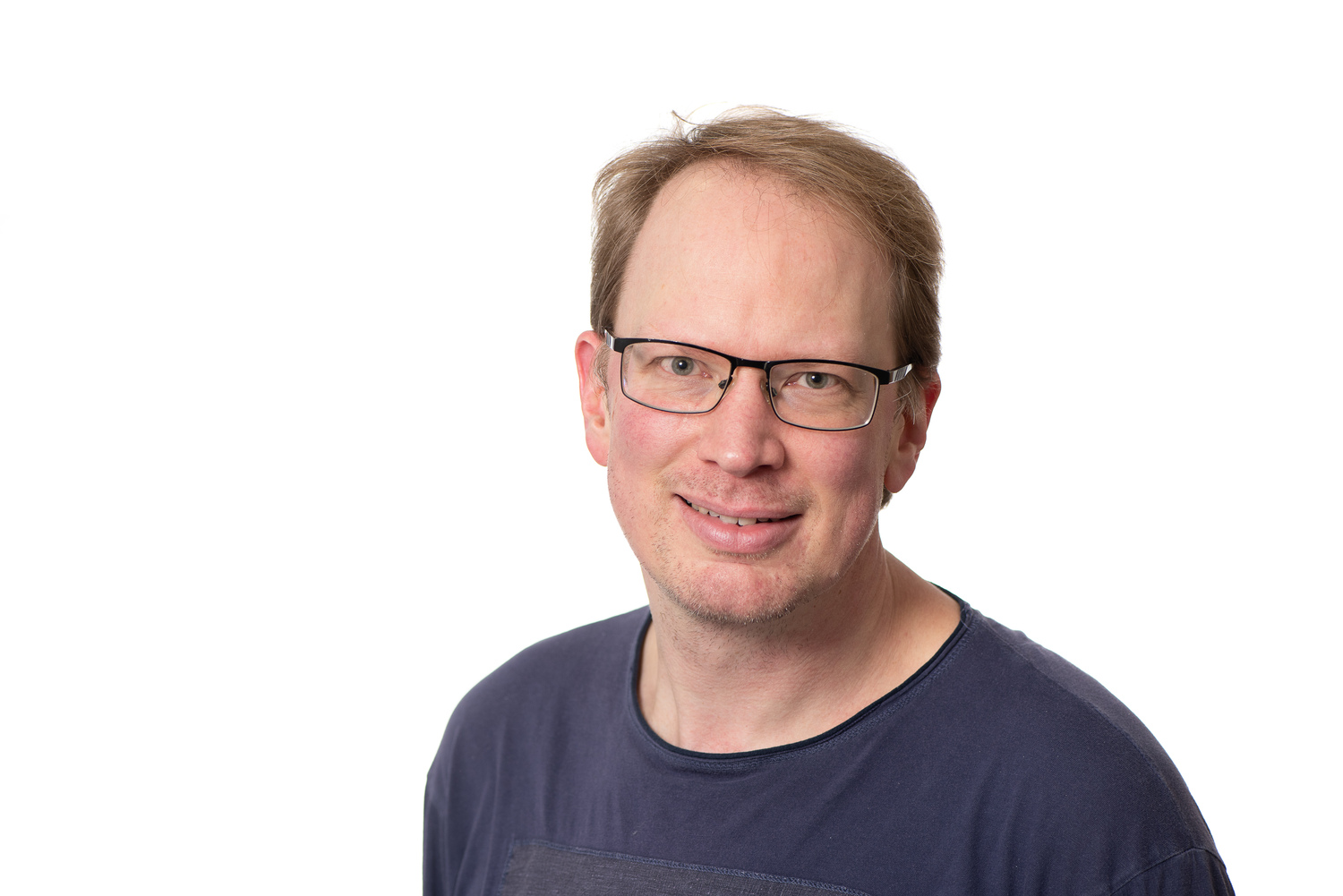The Mechanics of Life: Probing Cellular Dynamics through Physical Laws
Abstract:
Many biological systems rely on fundamental physical principles for their proper function. Here, mechanical processes such as force generation and adaptation of stiffness and viscosity have been very successfully used to explain complex biomedical questions with physical concepts. Such advances have been largely driven by new methods that allow the quantification of biological processes and the construction of theoretical models with high predictive power. I will present our recent approaches that allow us to study active force generation and mobility in different biological systems over several length scales. Starting with a general introduction to the problem of mechanical measurements on the micro and nanoscale inside living objects, I will provide several examples where these approaches could successfully describe the motion of particles inside living cells, the physical fluidification of the cytosol during cell division, and provide a general mechanical fingerprint to classify different cell types. To generalize this approach even further, we introduce a new observable, which we call mean-back relaxation. This observable is related to the well-known mean squared displacement but offers the possibility to detect non-equilibrium processes even in situations where other trajectory-based analyses cannot access the non-equilibrium components. We show that this new quantity can not only provide a measure of activity in controlled experimental situations but also when analyzing the particle motion inside complex materials, such as living cells.
About the speaker:
Timo Betz is a biophysicist who is trying to understand how biological systems use physics in general, and mechanics in particular to perform their fascinating functions. After studying physics in Würzburg and Austin, Texas, he obtained 2007 a Ph.D. at the University of Leipzig investigating the mechanical properties of growing neurons. During his Postdoc period at the Institute Curie in Paris, he was supported with an EMBO and Marie Curie Fellowship to study biomimetic systems and active cell mechanics. In 2011 he obtained a CNRS position at the Institut Curie where he developed new tools to quantify active forces and cell mechanics in single cells and model tumor tissue. After returning back to Germany, he first obtained 2016 a Professorship in Münster and moved more recently (2020) to Göttingen. Currently, he studies not only intracellular mechanics but also how single cells can generate the forces to shape tissue in the context of muscle, cancer and even development.
This year, the physics colloquium has a new format:
- Onsite at Campus Limpertsberg, where you will have the opportunity to meet the speaker over the lunch. A catering is offered only to registered participants at 12:00 in the main BSC hall. Please register before 25 March 2024.
- Online – through Webex – to allow you to listen to the talk in case you are travelling or cannot make it on-site at Campus Limpertsberg. Meeting number (access code): 2784 274 2051. Meeting password: mUx9kKAGs49.
